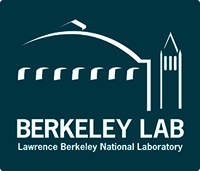Building a Giant 2D Map of the Universe to Prepare for the Largest 3D Map
Lawrence Berkeley National LaboratoryBefore DESI, the Dark Energy Spectroscopic Instrument, can begin its 5-year mission from an Arizona mountaintop to produce the largest 3D sky map yet, researchers first needed an even bigger 2D map of the universe.
